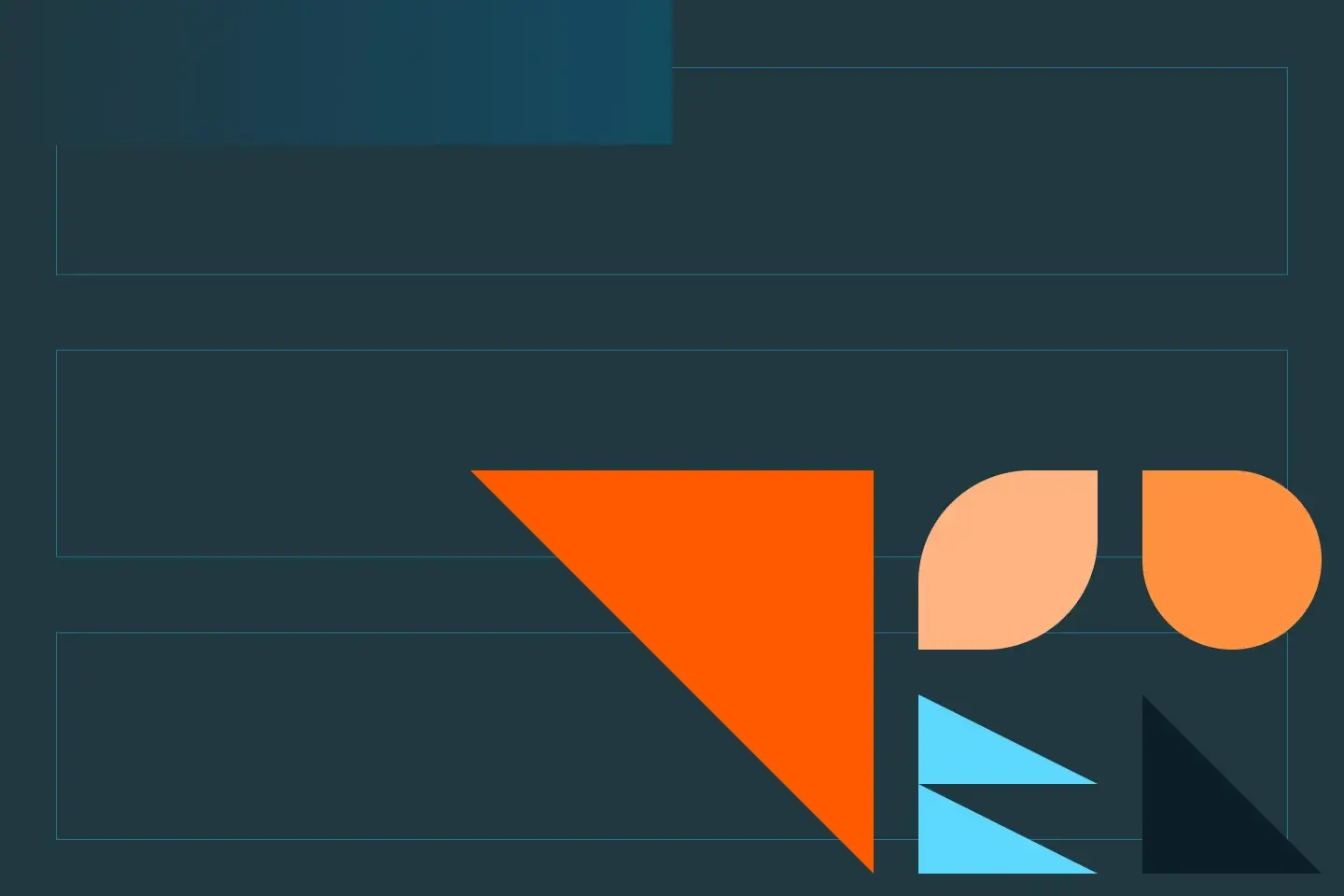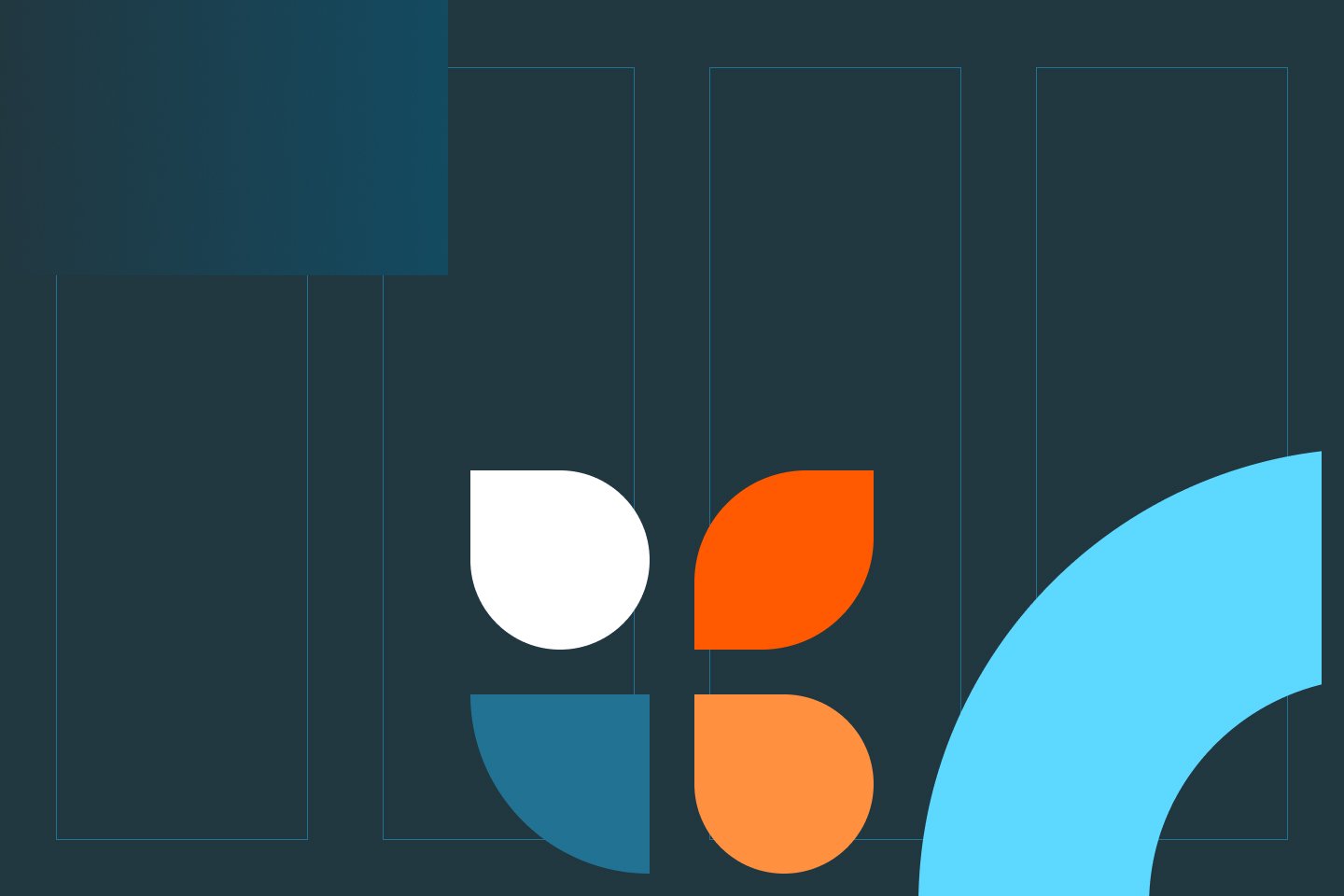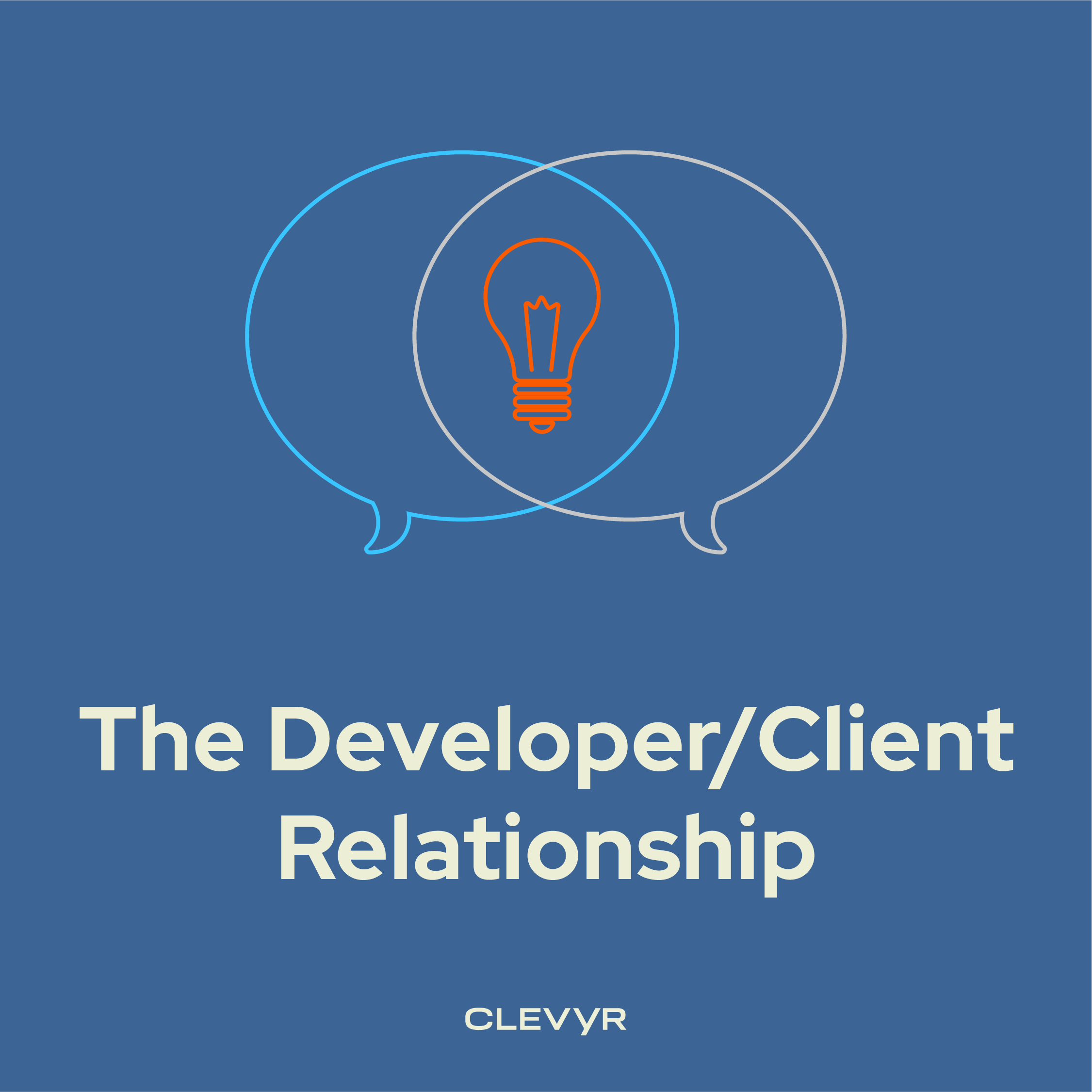The healthcare industry is in the midst of a significant evolution. As patient expectations rise, compliance requirements grow more complex, and administrative workloads increase, healthcare providers are searching for solutions that streamline operations while enhancing patient care. Meeting these challenges requires more than incremental changes—it calls for a thoughtful embrace of modern tools that prioritize efficiency, trust, and engagement.
This is where modernized patient relationship management (PRM) tools, such as a Healthcare CRM, come into play. With the right CRM, healthcare organizations can not only meet current demands but also build a foundation for sustainable, patient-focused growth.
The Growing Need for Modern Tools in Healthcare
Healthcare providers face an array of challenges, many of which are rooted in a lack of streamlined systems:
1. Rising Patient Expectations
Patients today expect more personalized, efficient care experiences. They want easy appointment booking, timely follow-ups, and access to their healthcare information—all delivered with the seamlessness they encounter in other industries.
2. Complex Compliance Requirements
Regulations like HIPAA (Health Insurance Portability and Accountability Act) set stringent standards for data privacy and security, requiring healthcare organizations to adopt systems that protect sensitive patient information. Non-compliance risks can be costly, both financially and reputationally.
3. Overwhelming Administrative Burdens
Healthcare professionals are bogged down by manual, repetitive tasks, from appointment scheduling to managing follow-ups. This administrative strain not only affects efficiency but also limits the time providers can dedicate to patient care.
The convergence of these pressures highlights the urgent need for tools that can adapt to the unique demands of healthcare—tools that enable compliance, streamline operations, and foster meaningful patient relationships.
Why a Healthcare CRM is Essential
A Healthcare CRM serves as the cornerstone of a modernized patient relationship management approach. By centralizing and optimizing key processes, CRMs enable providers to shift from reactive problem-solving to proactive, patient-first care.
How a Healthcare CRM Addresses Key Challenges
-
Centralized Patient Data
Instead of navigating siloed systems, healthcare teams can use a CRM to access a unified view of each patient’s interactions and history. This centralization improves communication, reduces errors, and ensures continuity of care. -
HIPAA-Compliant Data Management
Modern CRMs, like HubSpot, integrate with tools that help ensure data security and regulatory compliance. These integrations allow healthcare organizations to collect and manage sensitive patient information with confidence. -
Automation for Administrative Relief
A CRM automates time-consuming tasks such as sending appointment reminders, managing post-visit follow-ups, and notifying patients about billing. This automation reduces workload for staff and improves the patient experience. -
Enhanced Patient Engagement
With features like segmentation and personalized communication, CRMs enable providers to build stronger connections with their patients. For example, tailored emails or text reminders can improve medication adherence and drive better health outcomes.
HubSpot: A Modernized Solution for Patient Relationship Management
HubSpot, a leading CRM platform, offers unique capabilities that make it a powerful tool for healthcare providers. While it isn’t inherently HIPAA-compliant, HubSpot’s ecosystem of integrations enables healthcare organizations to create compliant workflows and processes. Here’s how HubSpot addresses the needs of today’s healthcare organizations:
1. Customizable Workflows for Operational Efficiency
HubSpot’s workflows automate repetitive processes, such as patient onboarding, appointment confirmations, and feedback collection. This helps reduce administrative bottlenecks while ensuring consistency in patient communication.
2. Secure Integrations for HIPAA Compliance
By integrating with HIPAA-compliant tools like JotForm or Formstack, HubSpot can be used to securely collect and store sensitive patient data. These integrations maintain compliance without compromising functionality.
3. Personalized Patient Engagement
HubSpot’s segmentation and marketing tools allow healthcare providers to create customized messages based on patient demographics, history, or preferences. For example, a provider can send follow-up messages tailored to a specific condition or treatment plan, fostering trust and engagement.
4. Scalable Solutions for Growing Organizations
Whether you’re managing a single clinic or a network of hospitals, HubSpot’s CRM is built to scale. Its flexible features ensure that healthcare organizations can adapt as they grow, without disrupting operations.
The Future of Patient Relationship Management
The adoption of modernized PRM tools like HubSpot represents more than just a technological upgrade—it’s a shift toward prioritizing efficiency, patient engagement, and trust. With the right CRM, healthcare providers can focus less on administrative tasks and more on what truly matters: delivering high-quality, compassionate care.
Key Benefits of a Modernized Approach
- For Patients: Improved access to care and personalized, timely communication.
- For Providers: Reduced stress from administrative tasks and more time for patient interactions.
- For Administrators: Simplified compliance management and actionable insights from centralized data.
Ready to Take the Next Step?
Healthcare organizations that adopt modern CRMs like HubSpot position themselves for success in an increasingly complex landscape. By addressing compliance, improving engagement, and streamlining workflows, HubSpot helps providers meet today’s demands while preparing for the challenges of tomorrow.
Are you ready to modernize your patient relationship management processes? Let’s start the conversation—schedule a consultation today to learn how HubSpot can transform your healthcare organization.
Want to Dive Deeper into HubSpot for Healthcare?
Interested in learning more? Get our ebook here - click to download. Want to see how we can protect your patient data in action? Watch our webinar, co-hosted with HubSpot, about how HubSpot is a great solution for healthcare providers.
Explore more of our resources from Clevyr on how to leverage HubSpot in healthcare environments:
-
Learn how to build patient self-service tools in Build Patient Portals in HubSpot.
-
Discover how HubSpot can simplify your healthcare operations in Simplifying Healthcare with HubSpot.
-
Get started step-by-step with How to Get Started with HubSpot for Healthcare.
-
Review our guide for compliance with HubSpot HIPAA Compliance and Is HubSpot HIPAA Compliant?.
-
See how to connect HubSpot with your existing infrastructure in Integrating HubSpot with Existing Healthcare Systems.
-
Explore key platform advantages in Key Features That Make HubSpot Ideal for Healthcare.
-
Discover how to support provider-facing workflows in Build Provider Portals in HubSpot.
-
Evaluate whether HubSpot is the right fit for your organization in Is HubSpot Right for Healthcare?




